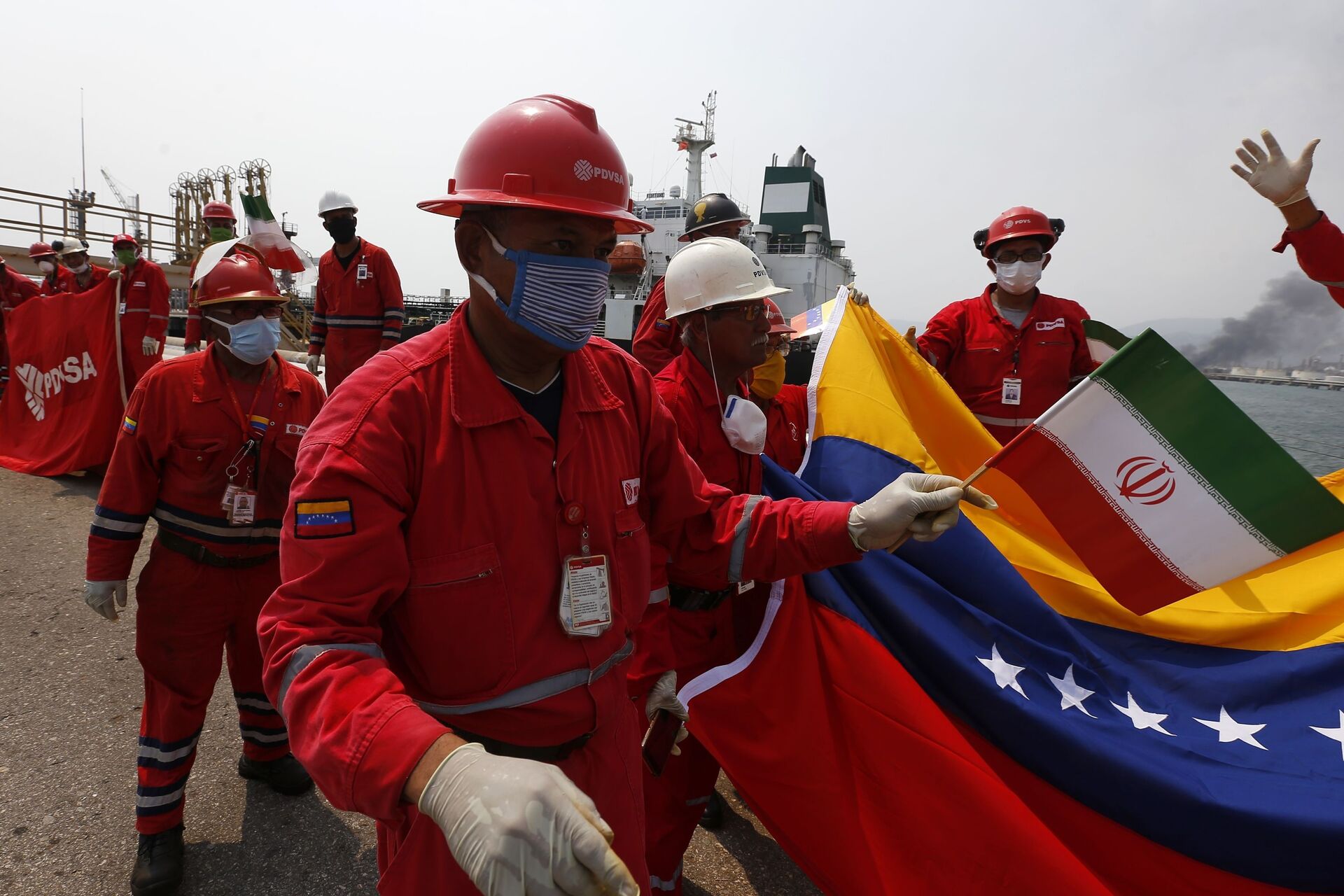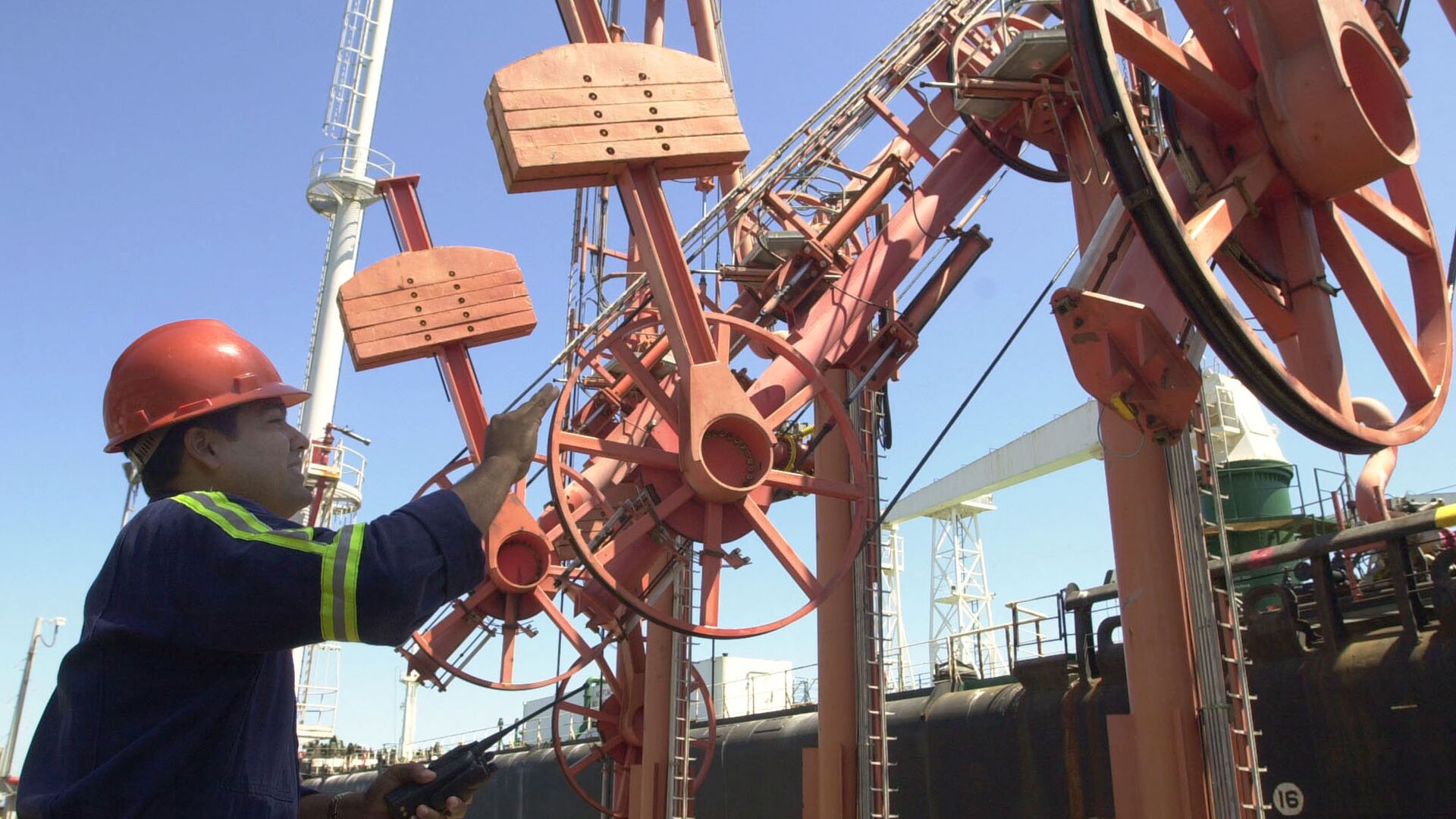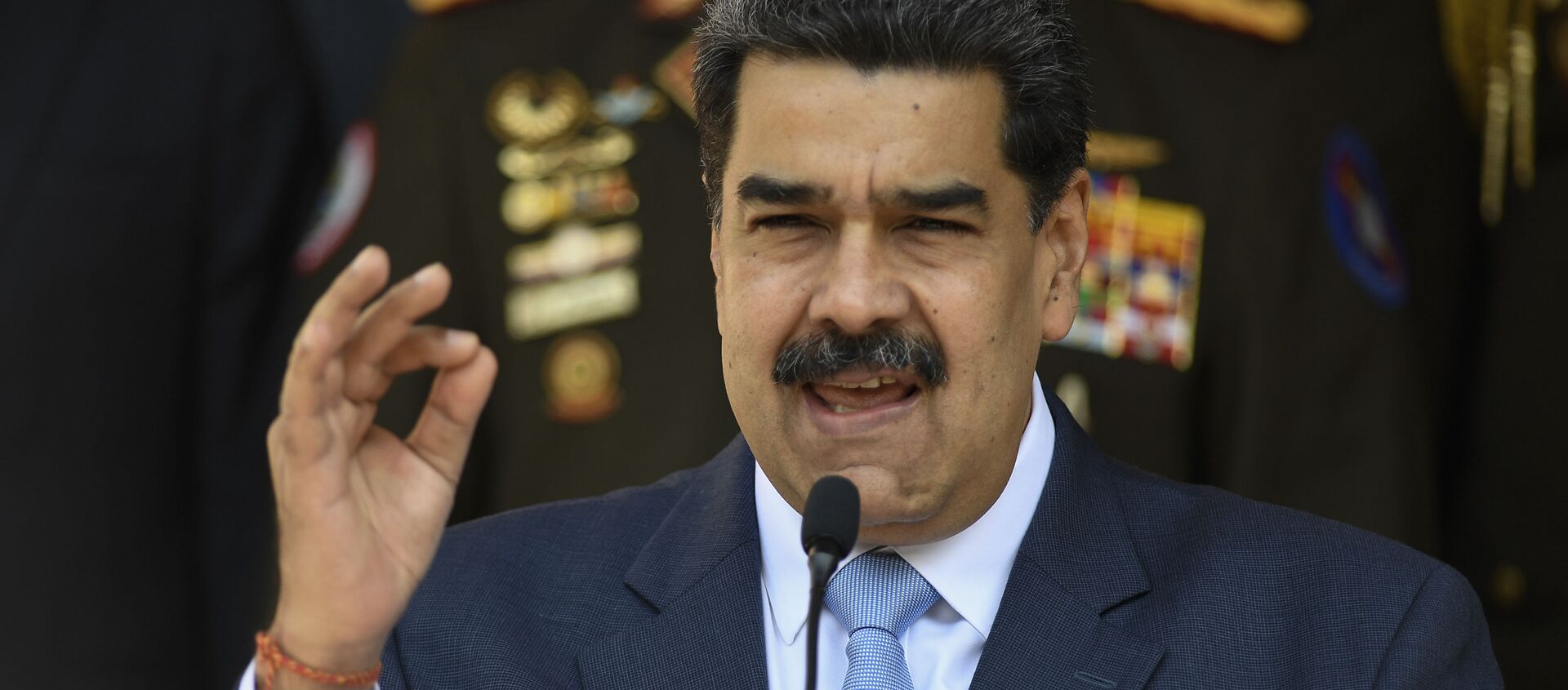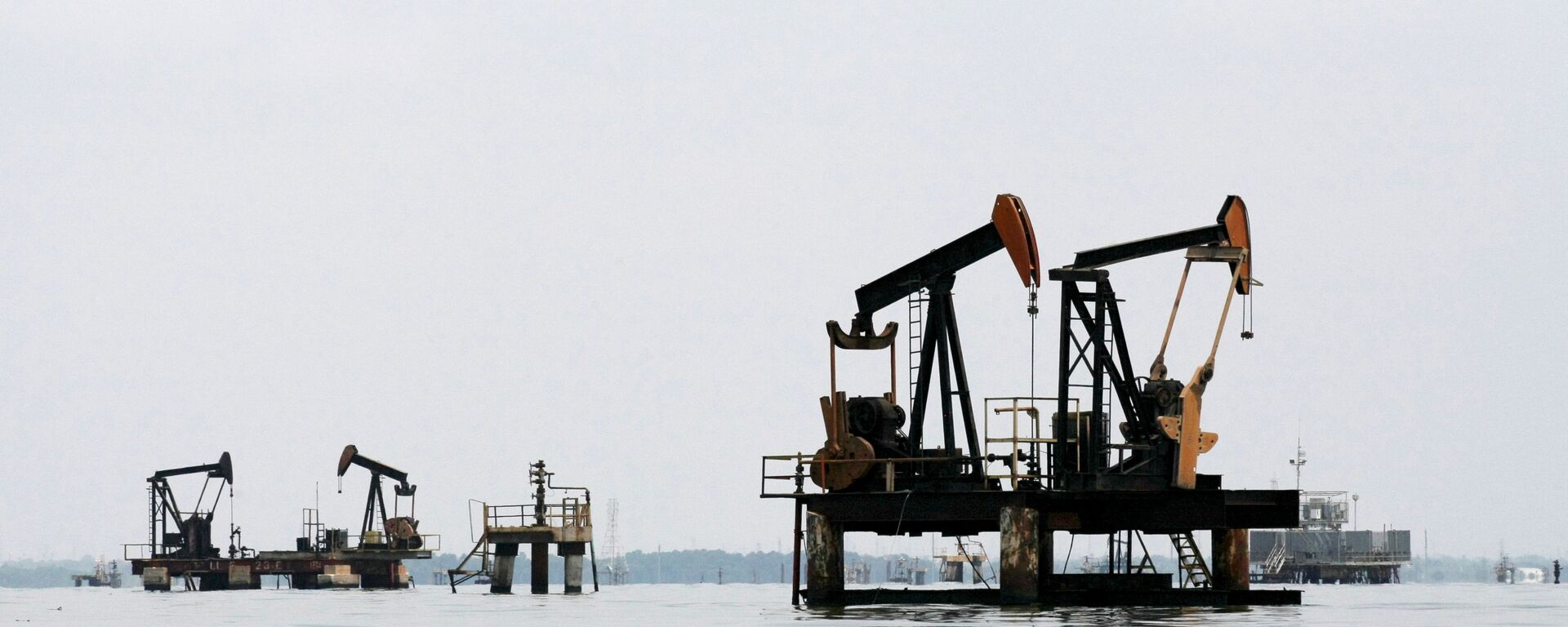PDVSA’s use of medium and light crude grades for refining activities has led to shortages of exportable oil, Reuters reports, citing seven people said to be familiar with the situation.
The bump in refining for domestic use could be a signal of a gradual return to health for the country’s fuel refineries following months of shortages of gasoline and diesel fuels caused by a catastrophic drop in refinery activity amid shortages of spare parts, skilled workers, last year’s global collapse of oil prices and crushing US sanctions.
The halt prompted Caracas’ Middle Eastern ally from across the ocean Iran to send emergency supplies of gasoline and equipment to help hold the nation over and restore its energy infrastructure.
Before Washington introduced its crushing restrictions, Venezuela was able to import naphtha – a flammable liquid carbon mixture produced by natural gas condensates, petroleum distillates and the distillation of coal tar or peat to create, to create additional export-grade oil. The restrictions led to a halt in imports, however, with PDVSA’s reserves of naphtha at its major Jose Port to drop from 2.3 million barrels in January 2021 to 1.01 million barrels in April.
The drop in the availability of crude for export is expected to hit the Venezuelan government’s export earnings. At the same time, however, gasoline sales are said to have earned PDVSA itself some much-needed income after Caracas made the difficult decision to begin pricing fuel oil in dollars last year.
Venezuela reported output of some 525,000 barrels per day (bpd) last month, with output growing consistently since December 2020, when it stood 441,000 bpd. Last summer, before Iranian help arrived, output fell to less than 400,000 bpd – a catastrophic figure for an oil-rich nation capable of producing well over 3 million bpd.

President Nicolas Maduro has repeatedly accused Washington and its allies of seeking to overthrow Venezuela’s democratically-elected government to get their hands on the country’s oil and mineral resources. Venezuela is known to have the largest proven oil reserves in the world.



